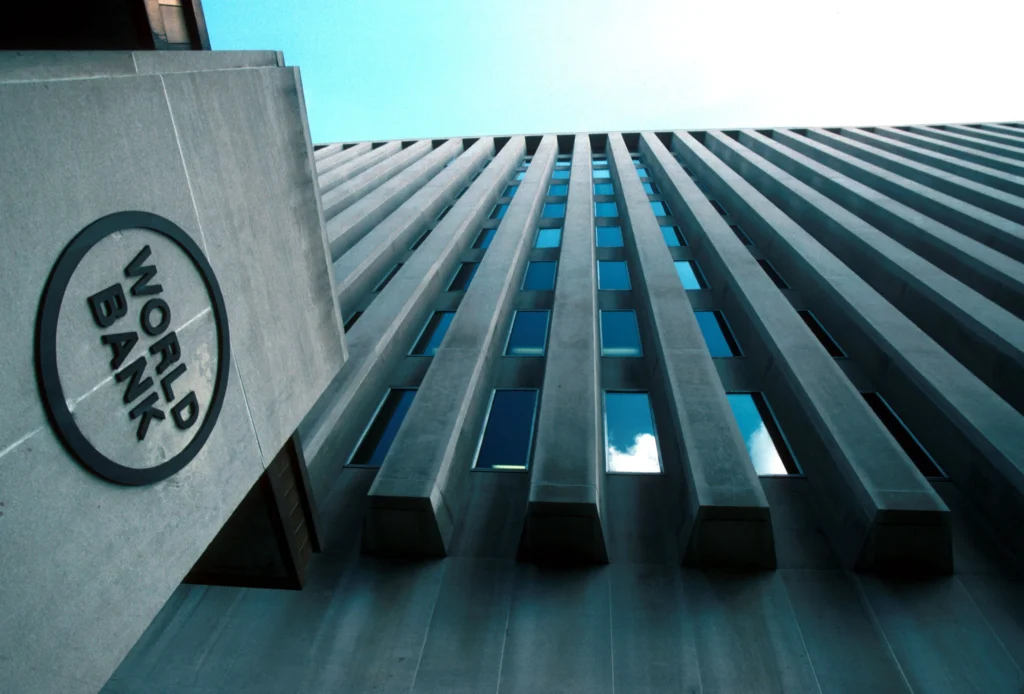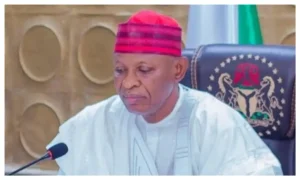The Nigerian government is requesting a $500 million loan from the World Bank to repair rural roads, enhance nationwide access to agricultural products, and combat rising food prices.
The World Bank indicated that this funding will benefit 92 million rural residents lacking proper road networks.
Nigeria’s government submitted this funding request as part of the final draft of the Resettlement Policy Framework for the Nigeria Rural Access and Agricultural Marketing Project Scale-Up, overseen by the Federal Ministry of Agriculture and Rural Development.
The RAAMP-SU project will focus on three main areas: Improving Resilient Rural Access ($387 million), Climate-Resilient Asset Management ($158 million), and Institutional Strengthening and Project Management ($55 million).
The project’s total estimated cost is $600 million, with the World Bank expected to cover 83.33% of the funding. This is a 79% increase from the World Bank’s initial commitment of $280 million for the original project.
According to the policy document, states participating in the project must have a fully operational Roads Fund and Roads Agency with appointed boards and staff, and budget provisions for administrative costs.
“Rural access is very limited in areas with many economically disadvantaged people. This highlights the need to improve and expand rural roads and preserve transportation infrastructure.
“To participate in the new project, states need a fully functional Roads Fund and Roads Agency with boards and staff in place, and administrative costs included in the state budget. This initiative also promotes women’s involvement in the transport sector,” the document stated.
This development comes amid rising food inflation in Nigeria. In April 2024, the National Bureau of Statistics reported that food inflation reached 40.53%.
Experts attribute the rise in food prices to insecurity, high energy costs, and expensive transportation in Nigeria.
At the end of 2023, Nigeria’s total debt stood at N97.341 trillion, according to the Debt Management Office.
This debt includes foreign debt, which amounted to N38.22 trillion.







